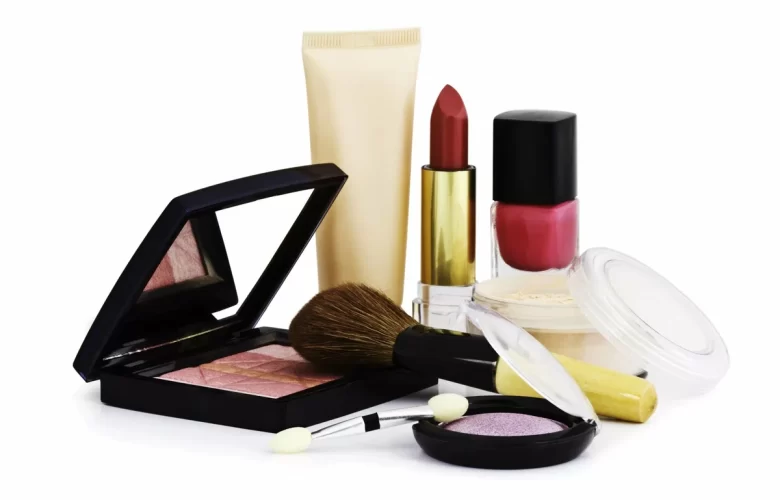Private label cosmetics have been gaining immense popularity in recent years. This is because it allows businesses to create their own line of cosmetics without investing in manufacturing and formulation. Private label cosmetics are made by a third-party manufacturer, who produces the products under the brand name of the business. In this step-by-step guide, we will take you through the process of creating your own private label cosmetics line.
Table of Contents
Step 1: Define Your Target Audience
The first step in creating your own private label cosmetics line is to define your target audience. This will help you determine the type of products you should create, the packaging design, and the marketing strategy. Your target audience will also help you determine the price point for your products.
Step 2: Choose Your Products
Once you have defined your target audience, the next step is to choose the products you want to create. Private label cosmetics can include a wide range of products such as skincare, makeup, haircare, and body care. You should choose products that are in demand and that align with your brand’s values.
Step 3: Choose Your Manufacturer
The next step is to choose a manufacturer for your private label cosmetics. It is important to choose a manufacturer who has experience in producing high-quality cosmetics. You should also ensure that the manufacturer can produce the products you want to create and that they have the necessary certifications.
Step 4: Develop Your Formulas
Once you have chosen your manufacturer, the next step is to develop your formulas. You should work closely with your manufacturer to develop formulas that meet your requirements. This includes choosing the ingredients, testing the products, and ensuring that they are safe for use.
Step 5: Choose Your Packaging
The packaging is an important aspect of your private label cosmetics line. It should be designed to appeal to your target audience and reflect your brand’s values. You should also ensure that the packaging is functional and can protect the products during shipping and storage.
Step 6: Create Your Branding
Your branding should be consistent with your packaging and reflect your brand’s values. This includes choosing a brand name, designing a logo, and creating marketing materials such as product labels, brochures, and flyers.
Step 7: Price Your Products
Once you have created your private label cosmetics line, the next step is to price your products. You should consider the cost of manufacturing, packaging, and marketing, as well as the profit margin you want to achieve. You should also research the prices of similar products in the market to ensure that your prices are competitive.
Step 8: Market Your Products
The final step is to market your private label cosmetics line. You should use a mix of online and offline marketing strategies to reach your target audience. This includes social media marketing, email marketing, influencer marketing, and attending trade shows and events.
Conclusion
Private label cosmetics can be a lucrative business opportunity for those who are willing to put in the work to develop a high-quality product line and effective marketing strategy. By following these five steps, you can create a successful private label cosmetics brand and take advantage of the growing demand for beauty products. Remember, success takes time, dedication, and hard work, but with the right approach, you can achieve your goals and build a thriving business.
FAQs:
What is the difference between private label and white label cosmetics?
Private label cosmetics are products that are manufactured by a third-party manufacturer and sold under your own brand name. White label cosmetics, on the other hand, are pre-made products that are sold under a variety of brand names.
Do I need a business license to start a private label cosmetics business?
Yes, you will need a business license to start a private label cosmetics business. You should research the requirements for obtaining a business license in your area and make sure to comply with all regulations.
How much does it cost to start a private label cosmetics business?
The cost of starting a private label cosmetics business can vary depending on factors such as the size of your product line, manufacturing costs, and marketing expenses. It’s important to create a detailed business plan and budget to determine your startup costs.
Can I sell private label cosmetics on Amazon?
Yes, you can sell private label cosmetics on Amazon. However, you will need to comply with Amazon’s rules and regulations for selling beauty products, which may include providing certain information about your products and obtaining necessary certifications.
How do I find a manufacturer for my private label cosmetics?
You can find manufacturers for your private label cosmetics through online directories, trade shows, and referrals from other business owners. It’s important to research potential manufacturers and ask for samples of their products before making a decision.

